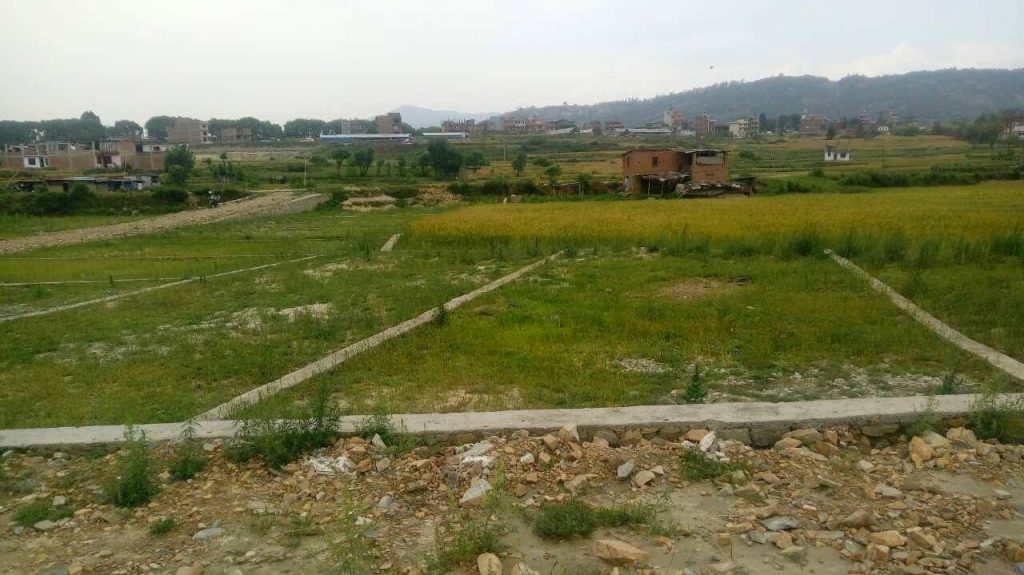KATHMANDU: The government is poised to revise its land use regulations to streamline land allocation processes, even for unclassified land. The proposed amendments are aimed at facilitating more efficient and straightforward allocation of land.
This move follows an earlier decision by the Cabinet last May to amend the rules and introduce a lottery system. However, due to certain ambiguities within the amendment, the Ministry of Land Management, Cooperatives, and Poverty Alleviation, along with its subsidiary offices, did not implement the changes. Consequently, efforts are underway to refine the regulations for a more effective implementation.
Prakash Joshi, spokesperson for the Ministry of Land Management, Cooperatives, and Poverty Alleviation, stated that the Ministry of Urban Development has requested input and proposed amendments, which have been approved by the Ministry of Law.
The National Land Use Policy was introduced in 2069 BS with the goal of preventing land fragmentation and preserving fertile land. Subsequently, new land use laws were enacted in 2076 BS, and the corresponding regulations were established in 2079 BS. The government aims to enhance land allocation processes by revising these regulations within a year.
Insiders suggest that through these regulatory amendments, the government intends to facilitate land allocation even in cases where there is no local land classification.
According to an unnamed source, “Land designated as commercial will no longer encounter division-related issues. Minimum land requirements for division are no longer a concern. Previously halted land distributions will also resume.”
These changes are anticipated to create standardized categories for agricultural, residential, and commercial land within the classified land framework. The amendments are being designed to ensure that land in commercial and residential areas adheres to the same road standards as local roads.
The current land use regulations allow for land classification as agricultural, residential, commercial, industrial, mining and mineral, forest, river, lake, wetland, public use, and areas of cultural and archaeological significance, among others.
The regulations had stipulated that land allocation must be tied to specific classifications, distinguishing between agricultural and non-agricultural land. This arrangement, however, hindered land allocation across the country.
While unclassified land remains unattainable at the local level, classified land is also subject to the regulations. Consequently, land investments made by business entities are stuck, and the general populace faces challenges in land transactions.
This setup not only affects land sales and purchases but also partial distribution. In response, local authorities initiated land classification through the Land Use Council. Currently, 191 local jurisdictions have completed land classification, according to Nirman Kumar Karki, spokesperson for the Land Management and Records Department.
Following the implementation of the revised regulations, the Ministry of Land Management’s staff reported that due to certain ambiguities, full implementation was unfeasible. This prompted the Cabinet Office to request a resubmission of the amended regulations. Subsequently, the amendment proposal has been submitted and is awaiting approval from the Council of Ministers.
Prime Minister Pushpa Kamal Dahal has expressed his intent to expedite land allocation in collaboration with private sector representatives. However, the Ministry estimates that it will take a few more days for the regulations to be presented to the Prime Minister and Council of Ministers Office for endorsement. Joshi, the ministry’s spokesperson, affirmed that the draft amendment proposal is ready for submission to the Council of Ministers.
Joshi expressed optimism that the revised regulations will ease the land acquisition process. He explained that the Ministry has developed a comprehensive proposal for regulatory amendments, addressing matters such as the classification process and strategies for cases without established classifications.

